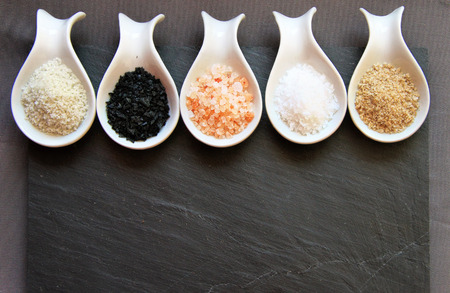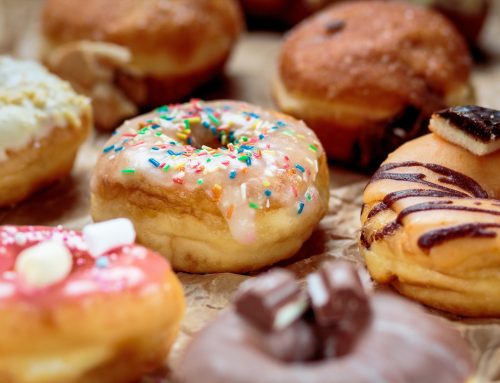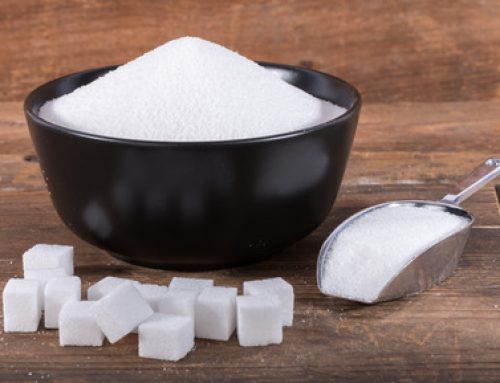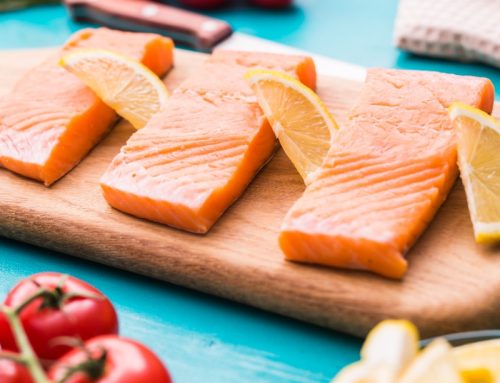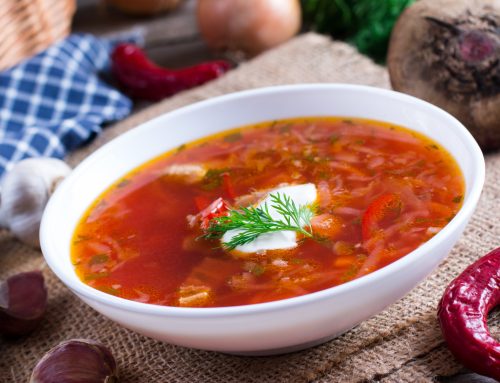Salt and high blood pressure go hand-in-hand according to a new study. Have you ever wondered why bar snacks are always salty? Because the bar owner wants you to be thirsty and order another beer. But all that salt may be doing more harm to your health than the excess alcohol, according to a recent study that found that for every extra dose of sodium you consume, your risk of heart disease goes up.
As of today, 45 percent of American adults suffer from high blood pressure, or about 108 million people. High blood pressure is called the “Silent Killer” because it is hard to detect, has no clear symptoms, few warning signs.
The Connection Between Salt and High Blood Pressure
According to Dr. Joel Kahn, Clinical Professor of Medicine at Wayne State University School of Medicine:
• We have known the connection between salt and strokes, heart attacks and heart disease since at least the time of FDR.
• Salt’s role in heart disease has been known for decades, or even longer, but certainly, since FDR struggled with blood pressure and ultimately died of a stroke at age 63.
• We know that saturated fat [in meat and dairy] is a major contributor to cardiovascular disease, but now this definitive study points to salt as a culprit in driving up cardiovascular disease as well.
• This study shows that salt works as predictably as a drug: They could calculate that for every extra 1,000 milligrams of salt you consume, your risk of heart disease goes up 6 percent.
• That may not sound like a lot, but most Americans have no idea the vast amount of salt they eat daily, since it is added to foods to preserve and boost their taste, and we can’t escape sodium in just about everything we buy.
Just a small serving of 15 Lays potato chips will run up the sodium clock to 170 mg, and it’s easy to eat more than that if you’re not watching. Add that to an Impossible Whopper, which has 1080 mgs and you’re well on your way. Not to single out one type of meat alternative, a single KFC Beyond nugget has 145 mgs of sodium, and chances are you’re eating 4 or 5 at a sitting. Fast food, processed food, and alternative meats are all super high in sodium.
“The good news is, if you can learn to enjoy whole foods with their natural flavors, you will get an advantage, health-wise, and lower your risk of heart disease and high blood pressure,” advises Dr. Kahn.
Americans are salt-a-holics, and nearly half of us have high blood pressure
On average Americans consume 3,400 milligrams of salt a day, or twice what is considered to be a healthy level of between 1,000 and 2,000 milligrams per day or about one teaspoon. If you have an extra 1,000 milligrams a day, you raise your risk 6 percent, and for every extra 1,000 milligrams, it goes up another 6 percent. He warns that some people eating a highly-processed diet full of chips, fast food, and salty snacks could be exponentially multiplying their risk, according to the new data.
Salt and High Blood Pressure Study Results
• Individuals with high sodium intake had a higher adjusted risk of cardiovascular disease.
• Our findings suggest that there is a significant linear relationship between dietary sodium intake and cardiovascular disease risk.
• The risk of cardiovascular disease increased up to 6% for every 1gram increase in dietary sodium intake.
• A low-sodium diet should be encouraged and education regarding reduced sodium intake should be provided.
• The more salt you eat, the higher your risk of cardiovascular disease, explains Dr. Kahn.
“It’s as predictable as a drug dosage,” he explained. “Dose by dose, for every extra salt dose, your risk goes up a quantifiable amount, so if you have 1,000 milligrams more than the recommended daily salt intake, your risk of heart disease goes up six percent. “What’s remarkable is that for every extra 1,000 milligrams, your risk goes up another six percent,” Dr. Kahn explains.
Tips to lower your blood pressure:
• Get better quality sleep
• Quit smoking
• Start eating a whole food plant-based diet and get rid of meat and dairy
• And start paying attention to the salt in your diet… and get it to under 2,000 milligrams a day
We only need about 250 milligrams of sodium a day to get by, and many doctors will make a recommendation that their patients lower their sodium intake to between 1,500 milligrams or 2,000 milligrams a day. Yet in this country, without knowing it, many people get 10 grams a day!
How can you cut out sodium from your diet?
Choose other seasonings like your life depends on it, Dr. Kahn advises. “You can transition your taste buds. I have talked to patients about how to eat a whole food plant-based diet and cut out salt at breakfast and lunch and dinner. The best way to think is the SOS diet, cutting out Salt, Oil, and Sugar. There are clearly people with salt and sweet taste preferences, and if you have both, then it’s harder, of course.” To get away from using salt, he tells patients to try to substitute spices such as curcumin, turmeric, or rosemary. Or try Mrs. Dash Salt-Free Seasoning or Bragg Organic Herbs and Spices Seasoning which are flavorful but absent of salt. “And cut out: Processed foods, processed foods, processed foods.
Click here to read more about salt and high blood pressure.


